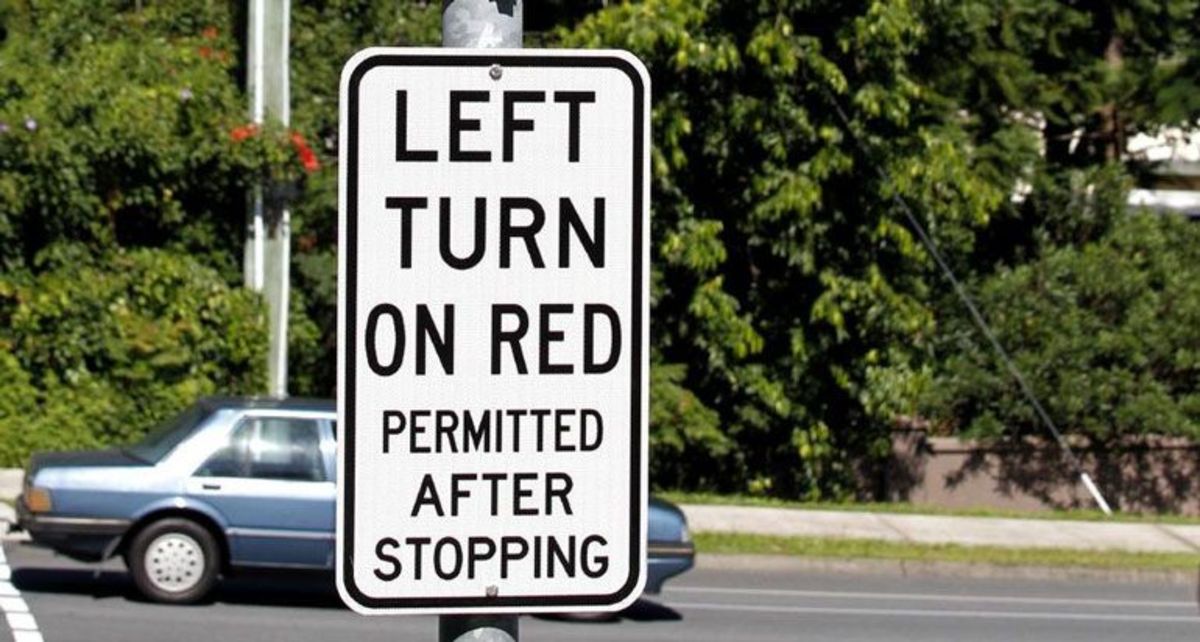Lemon Laws: What They Are and How They Can Help You

- Lemon Law Summaries for each of the 50 States
State Lemon Law statutes, information, brochures, and fact sheets. Think your Car is a Lemon? Your State may agree, but maybe not to your liking. See how your State defines what a Lemon is and if your Car and its Repair History qualify.
"I'll have a double with a twist of lime."
That's what you may be saying if you buy a car that turns out to be a lemon. The term "lemon" refers to a defective vehicle or appliance which is still under warranty. You may think you have no need to fear. After all, it IS covered under warranty. But there is a lot of fine print in the consumer warranty business. There are implied warranties, express warranties, limited warranties, full warranties, and disclaimers. Sometimes there is nothing more than a service contract which is misconstrued as a warranty.
It is for this reason lemon laws were written to protect consumers. State laws can provide more, but not less protection for consumers than the federal Magnuson-Moss Warranty Act which was enacted in 1975. The federal Act provides owners relief from defective automobiles, trucks, motorcycles, RVs, boats, computers and certain appliances. You are not eligible for protection under the Mangnuson-Moss Warranty Act unless you have a purchase that has undergone multiple repair attempts under the manufacturer's factory warranty. This means (in most states), you would be taking the manufacturer to court, not the dealer. This also means that the problem must be recurrent. The malfunction itself may vary, but you must have been to see the mechanic or repairman at least three to four times, depending on the state in which the warranty applies.
Since lemon laws vary from state-to-state, there are many caveats to what can and can be prosecuted under state or federal laws. For instance, Louisiana's law applies for a one year warranty period to all vehicles under 10,000 pounds with four repair attempts or 30 calendar days of non-service. On the other hand, New Hampshire's law applies for a one year warranty period with four service repairs on any 4-wheel motor less than 9,000 pounds including off-highway RVs, mopeds and motorcycles. Some states even require lemon law application to single repairs if they involve braking or steering problems, i.e., defects that might cause serious harm or death.
- Businessperson's Guide to Federal Warranty Law | BCP Business Center
Do your product warranties comply with law? This guide explains the Magnuson-Moss Warranty Act, the federal law governing warranties on consumer products.
"Let the buyer beware" should be emphasized when purchasing a motor vehicle or expensive appliance. Consumer products, even vehicles, are not required to have warranties, but if they do, there is a wide margin for differences in interpretation between the consumer and the manufacturer. Be wary of any manufacturer or seller who does not offer you an adequate warranty on a new purchase. Likewise be wary of any seller who merely offers you a "service contract." This may erase your protection under lemon laws.
If you do not have a written warranty, you are not protected by lemon laws. Additionally, you are not protected by lemon laws if your purchase was for resale or for commercial purposes. The Magnuson-Moss Warranty Act is designed to protect consumers, not businesses. The term consumer means the vehicle will be used for personal, family or household use.
Many warranties contain an arbitration clause which requires that any dispute resolution take place before an arbitrator or panel of arbitrators. Arbitration may be binding and prevent your facts from being decided in Court.
Although you are protected under the Magnuson-Moss Warranty Act, it is wise for a consumer to know where to go to for help. Most states have seasoned lemon law attorneys who will discuss the merit of your claim with you at no charge.
Even if you don't have a lemon law claim, you may have a claim under fraud statutes. If you have purchased a product that "appears" to be covered under a warranty and you cannot obtain relief, contact an attorney and find out what your rights are.
Lessees are entitled to consumer protection under lemon laws.
- Dekelaita v. Nissan Motor Corp., 343 Ill. App. 3d 801 (September 29, 2003) -
The Illinois Court of Appeals reversed the decision of a lower court which found that lessees had no standing to bring suit under lemon laws.
- Kilian v. Mercedes Benz, 2011 WI 65 (July 12, 2011) -
The Wisconsin Supreme Court overturned a circuit court decision which said Kilian was not entitled to attorney's fees and costs after he had been refunded the cost of his leased vehicle by Mercedes Benz under lemon laws. Mercedes continued to enforce his lease after the refund and threatened collection action until Kilian was forced to file suit. After the suit was filed, Mercedes Benz ceased enforcement. The Supreme Court ruled unanimously in Kilian's favor.
Timing is ESSENTIAL
- Marquez v. Mercedes Benz -
In the largest verdict awarded-to-date since the inception of lemon laws, Marquez and his attorney received $618,000 stemming from a $56,000 defective E-class sedan. "The basic issue," as the Supreme Court of Wisconsin outlined, "was whether Mercedes had a valid defense to its failure to issue a refund within the 30-day statutory period." Mercedes claimed the consumer intentionally thwarted its attempt to provide a timely refund. The Court disagreed.
Defects Must be Significant and Proveable
- Morall v. Ford Motor Co. (Orange Co., FL, February 26, 1999) -
Morall had numerous problems with her Mustang including an engine ping and pulling to the right. The Court ruled that Morall had not provided Ford Motor Co. with ample notice, nor allowed it an adequate number of attempts to repair any potentially defective issues with the vehicle. In fact, Morall put 47,000 miles on the vehicle in a three year period which the Court concluded as evidence the vehicle was safe and driveable.
Follow Your State's Reporting Requirements Carefully
- Kellermeier v. Ford Motor Co., ____ (August 5, 2009) -
Kellermeier recovered damages for his Ford F250 after three transmission repairs were made in the first 5,200 miles put on the truck. Ford's defense was that they had never been properly notified of a lemon law claim. Ford later recanted stating the letter was not in the "usual" format and hence, had been misdirected within the organization.








